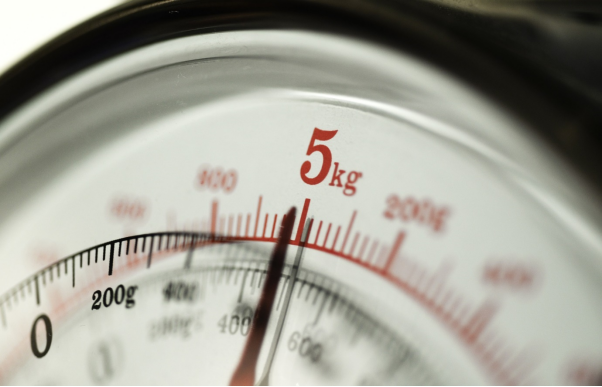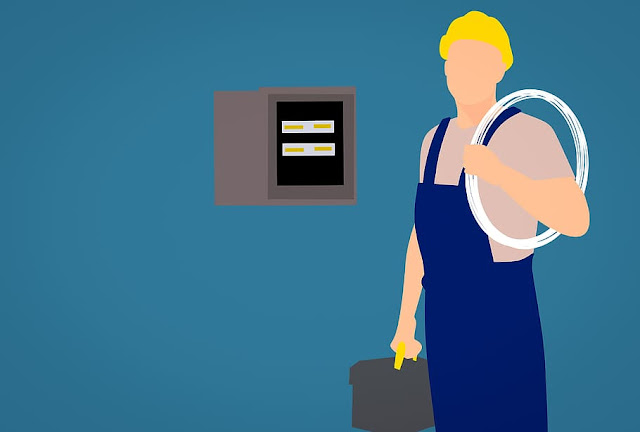How to Choose the Right Load Cell Your Application
Load cells are a type of sensor that measures the weight and force applied to them. They come in many different varieties, like Spring Load Cells, Hydraulic Load Cells, and Electronic Load cells. It's essential to choose the best load cell for your application; otherwise, you may end up with inaccurate readings or an unreliable device.
Choosing the best load cell for your application can be tricky. There are many different types of load cells to choose from, and each type has its advantages and disadvantages depending on what you need it for.
This article will discuss how to determine which type of load cell is right for your application.
What kind of force do you expect?
Some load cells will be able to measure more force as compared to others. For example, a hydraulic load cell can measure up to 16000lbs worth of weight, whereas a spring load cell can only measure 2500lbs maximum.
How many load cells do you need?
The number of required load cells depends on the size and weight of your object. Say, for example, that you have a 100lb object. If it's sitting still at rest on a flat surface, then one load cell can easily hold it up with a little risk of damage. If it's moving, you'll need more load cells to hold the object's weight accurately.
What kind of weight do you expect?
This ties into how much weight your load cell will be handling. Different types of load cells can handle different amounts of weight. It’s best to choose the load cell according to your application’s weight.
The main factors to consider are:
1) The type of material - how much will you be lifting?
2) How often do you move it?
3) The environment where it will be used
●If your application involves lifting materials frequently, you may need load cells with a faster response time to prevent damage.
●An electronic load cell will need a controlled temperature and humidity for it to read correctly. In contrast, a spring load cell doesn't need much control over the surrounding environment, but it is less sensitive than an electronic load cell.
●If your application is in an environment where it may be exposed to dust or moisture, avoid any load cells sensitive to these elements. And if the object will be moved repeatedly, look for sensors that can handle rapid movement without reaching their maximum capacity.
●Your load cell needs will depend on the type of application you're using it for, so be sure to research your product carefully before making any purchases!
When choosing the suitable load cell for your application, it is essential to consider the above factors.
Contact Instruments is an OEM drilling instrumentation manufacturer. They offer solutions to the global drilling and well-servicing market. Their products include load cells, custom cables, drilling equipment for oilfield use, as well as other industrial applications. If you're looking for a reliable provider that offers cutting-edge technology at competitive prices with unmatched customer service - contact them today!





Comments
Post a Comment